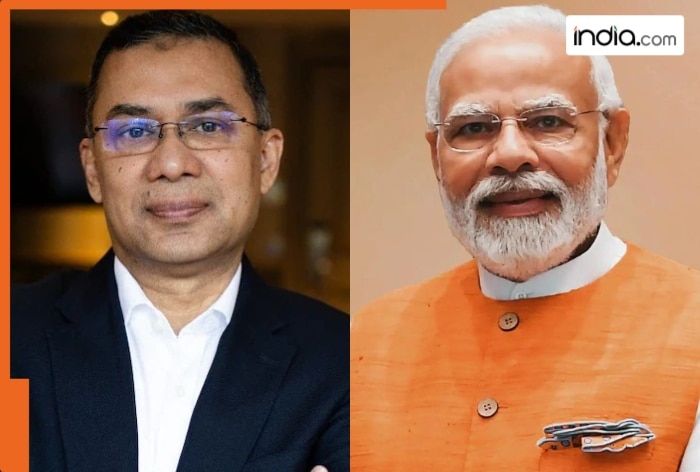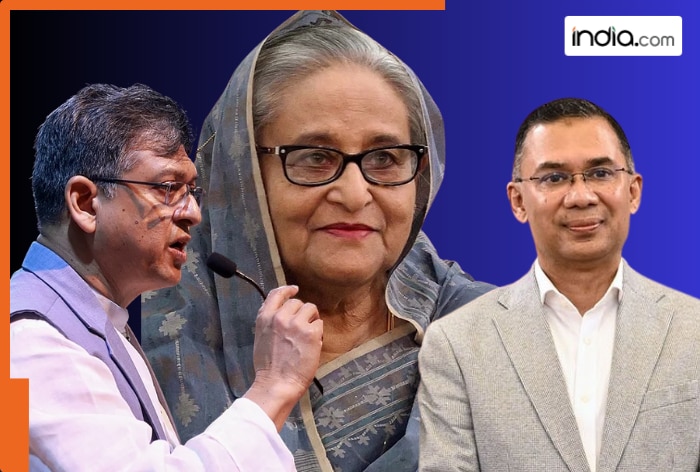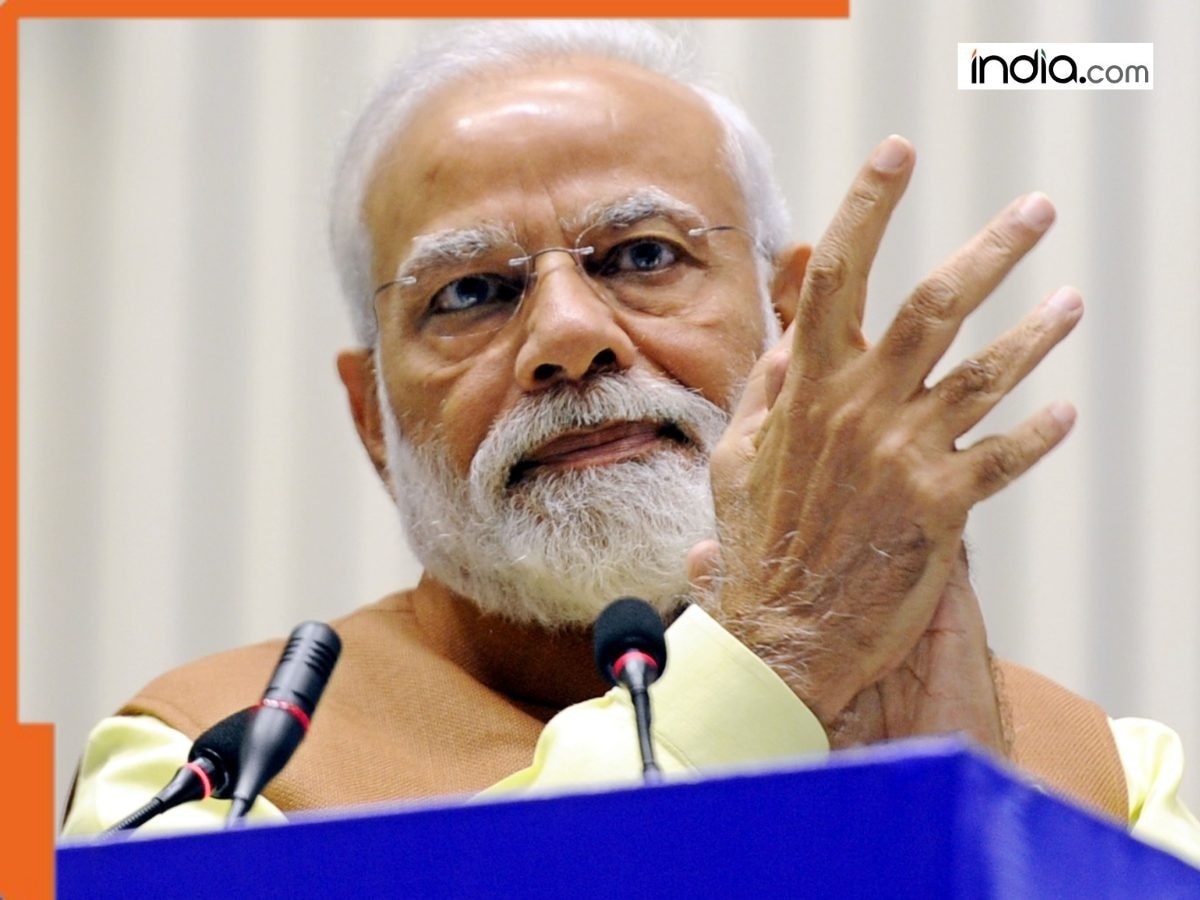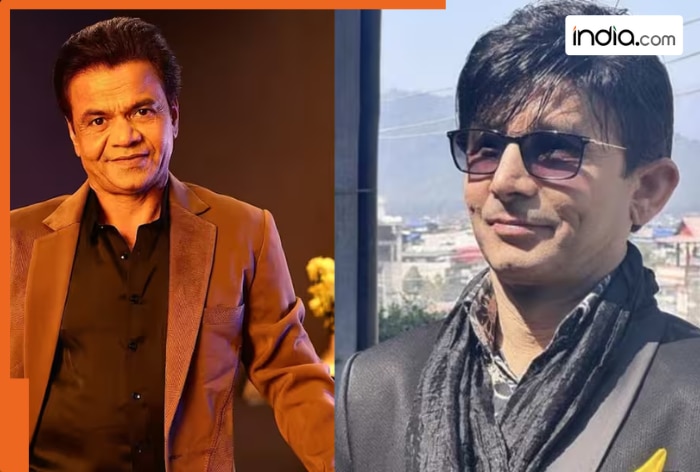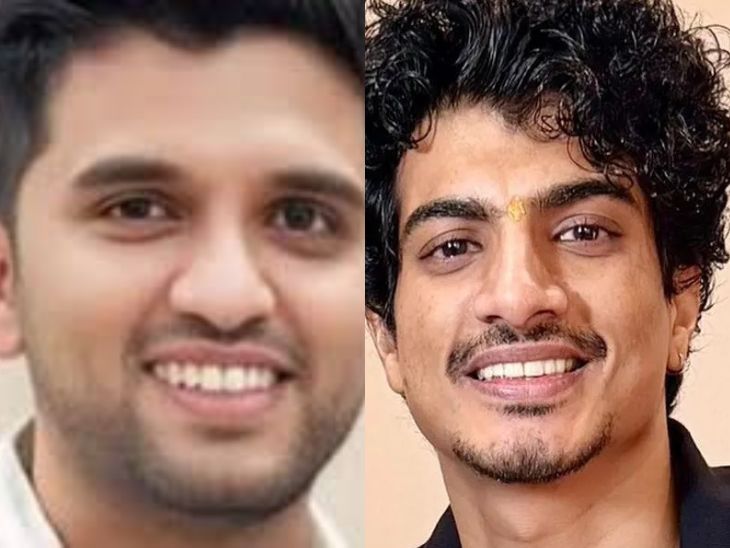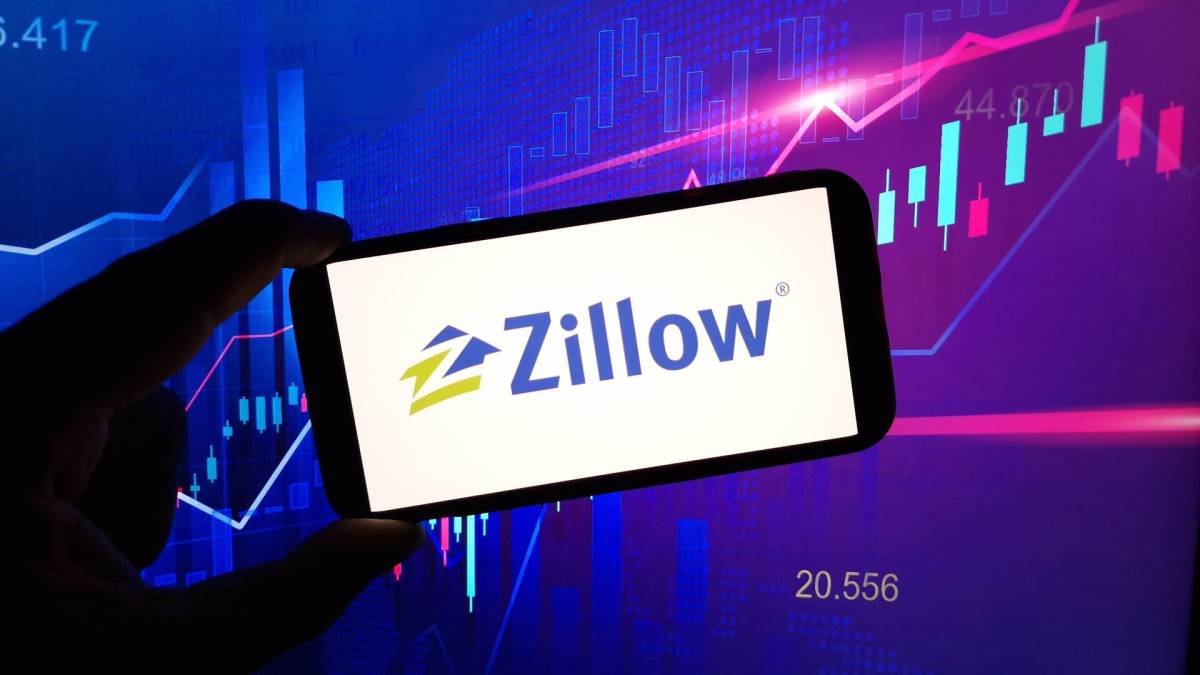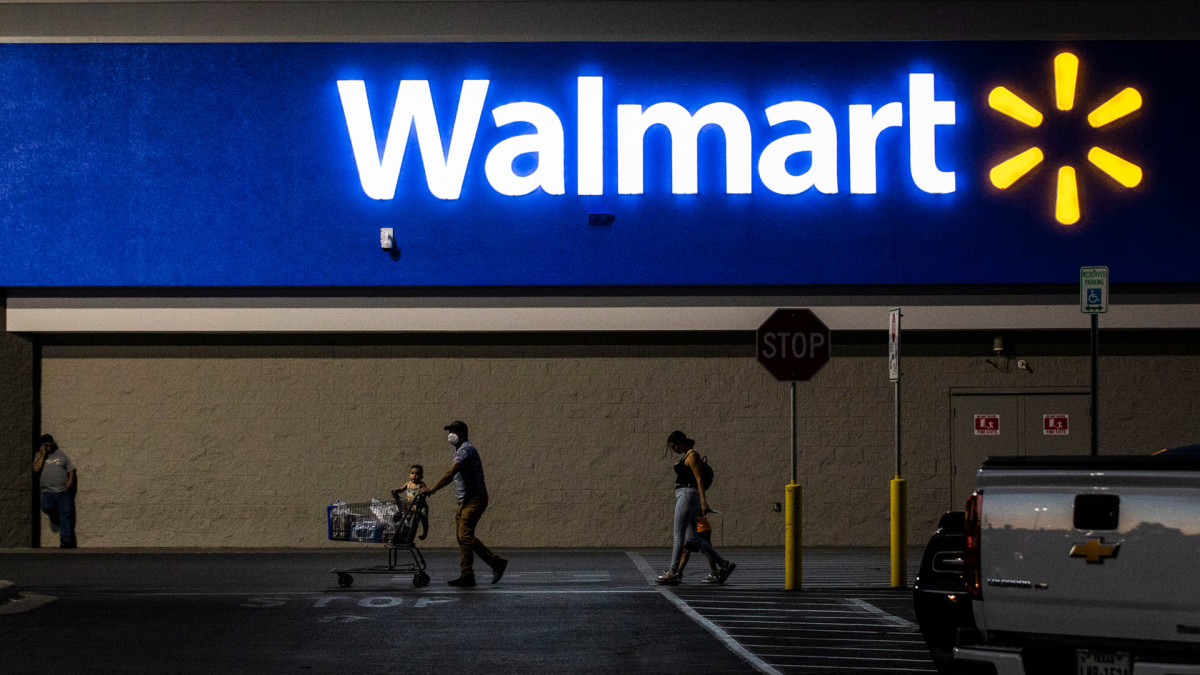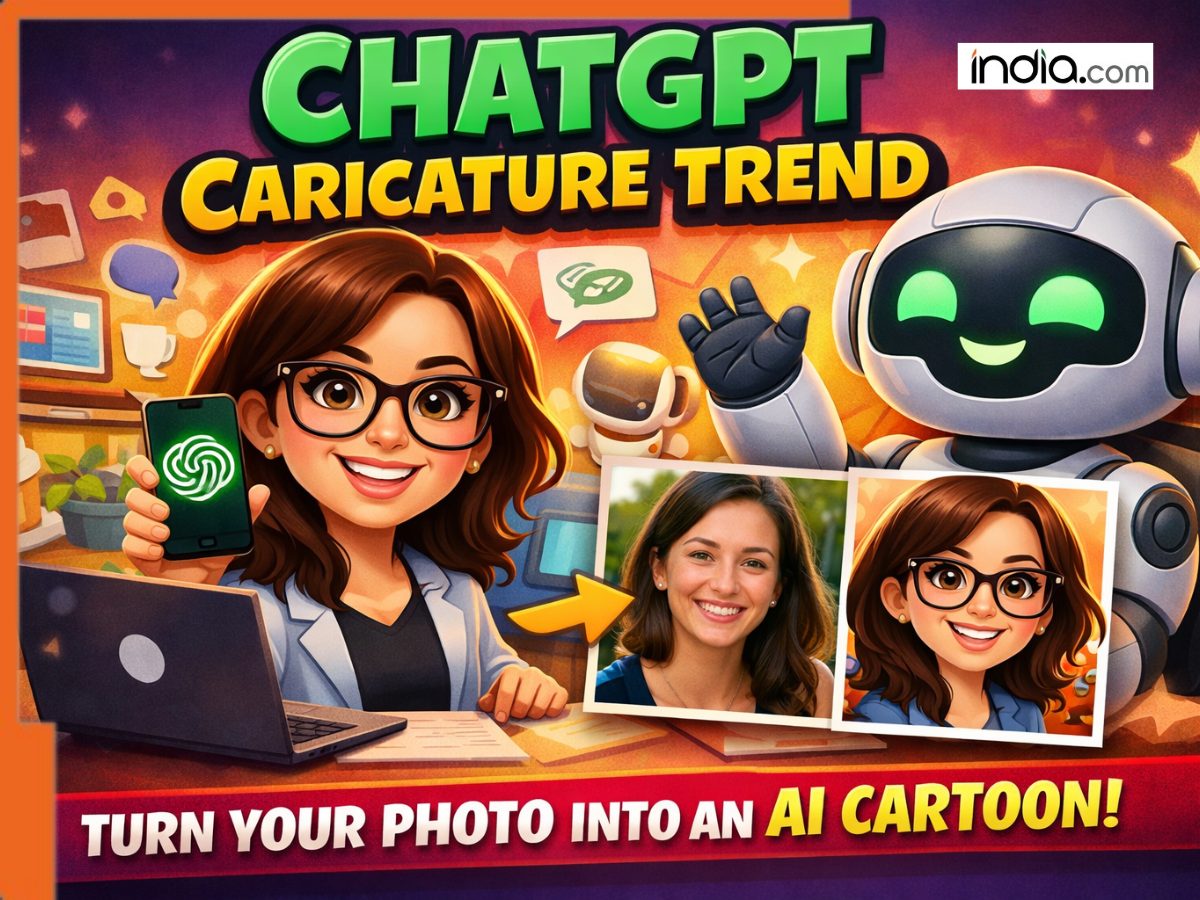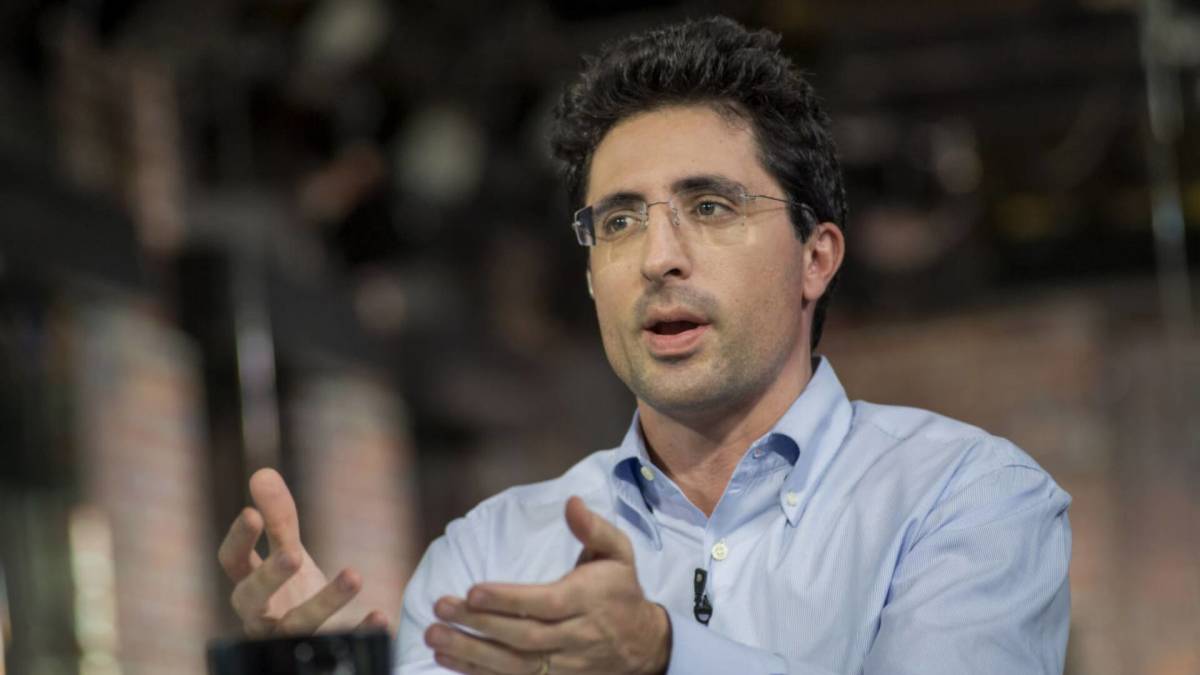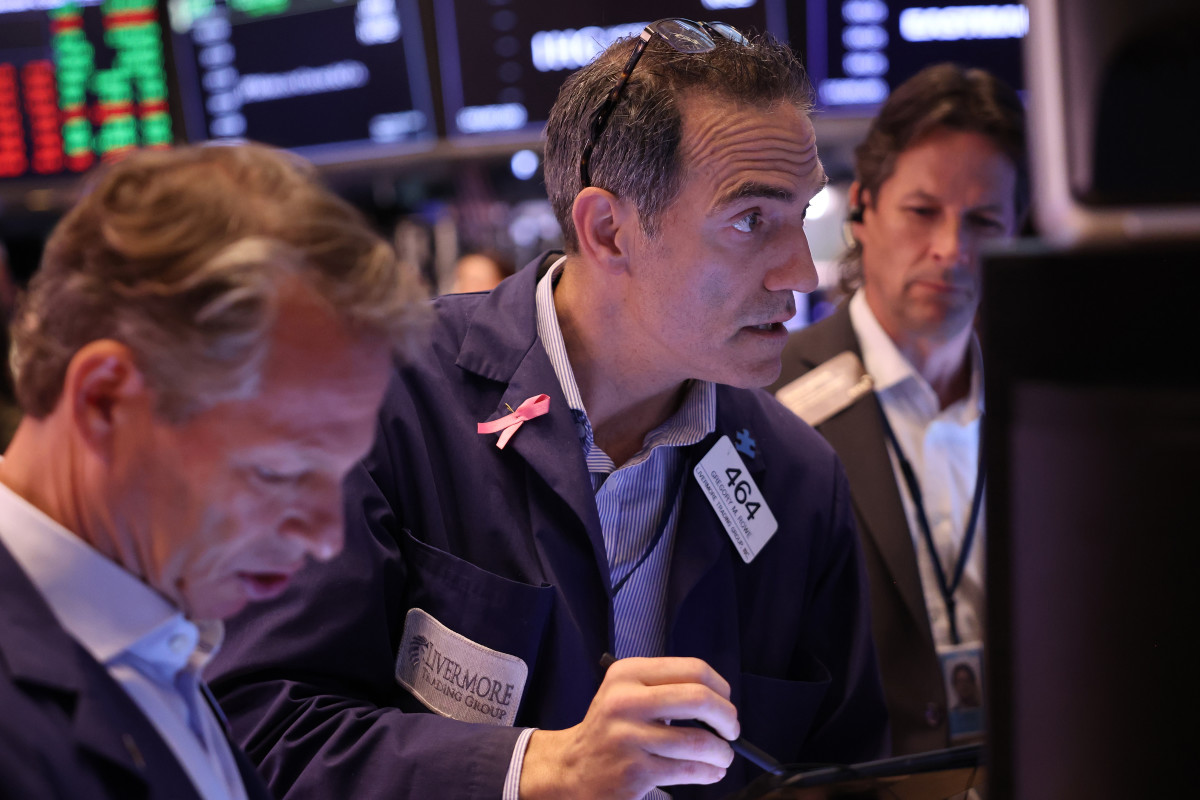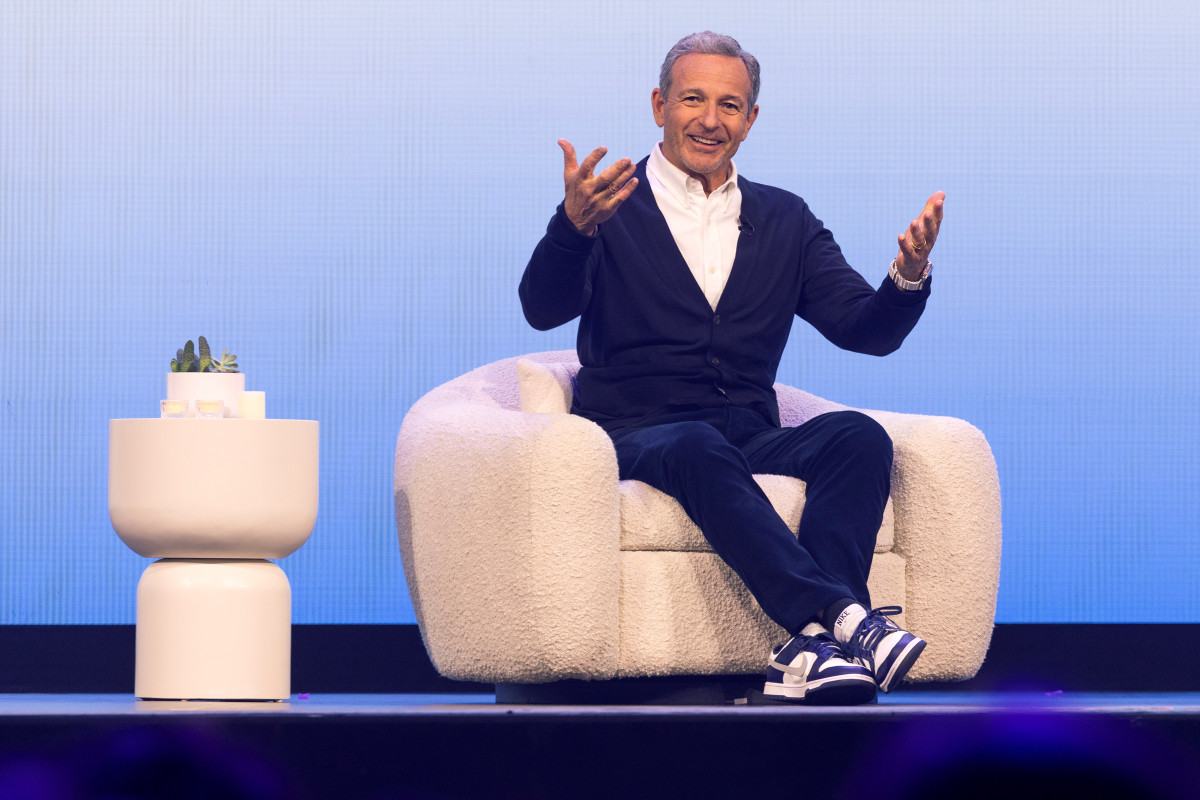Despite Heavy Marketing, Most Americans Reject the New Weight Loss Drugs
A national survey shows that, despite intense marketing, most Americans do not want the new weight-loss injectables, such as Wegovy and Ozempic. Research published in the Journal of the American College of Nutrition found that a vegan diet is more effective for weight loss than a Mediterranean ...
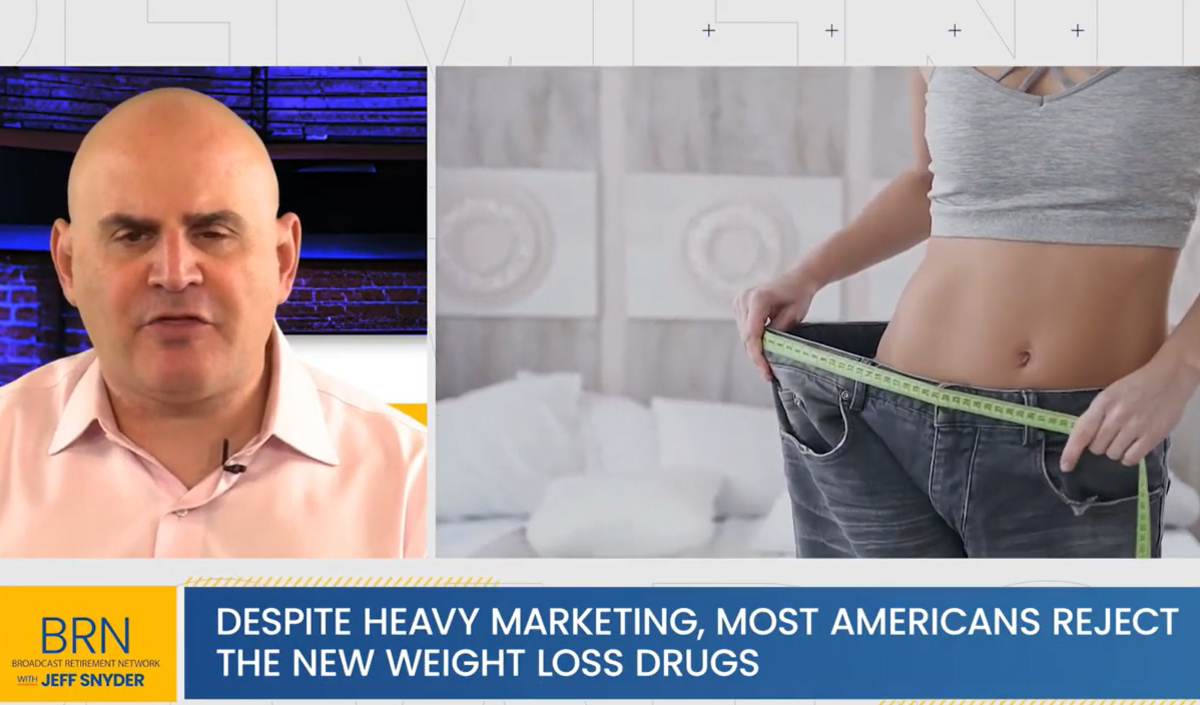
A national survey shows that, despite intense marketing, most Americans do not want the new weight-loss injectables, such as Wegovy and Ozempic. Research published in the Journal of the American College of Nutrition found that a vegan diet is more effective for weight loss than a Mediterranean diet. Broadcast Retirement Network's Jeffrey Snyder learns more from Neal Barnard, MD, FACC, Physicians Committee for Responsible Medicine.
JEFFREY H. SNYDER, BROADCAST RETIREMENT NETWORK
(0:04) This morning on BRN Sunday, despite the marketing, most Americans reject new weight loss drugs. (0:11) And joining me now is Dr. Neal Bernard. (0:14) He's the president for the Physicians Committee for Responsible Medicine.
(0:19) Dr. Bernard, so great to see you. (0:20) Thanks for joining us on the program this morning.
Neal Barnard, MD, FACC, Physicians Committee for Responsible Medicine
(0:22) Well, great to be with you today.
JEFFREY H. SNYDER, BROADCAST RETIREMENT NETWORK
(0:24) Yeah, and we're going to be talking about a survey, a national survey, and I find this fascinating. (0:30) And I was kind of tongue-in-cheek joking with you before that I see almost as many Ozempic and weight loss drug ads as I do political ads in North Carolina. (0:42) It's bombardment, doctor.
Neal Barnard, MD, FACC, Physicians Committee for Responsible Medicine
(0:45) Well, political campaigns are fueled by money, and so are weight loss drugs. (0:51) There is a Scandinavian company called Novo Nordisk that is making money hand over fist if you go to the pharmacy and fill a prescription for Ozempic or Wagovi. (1:00) These are two drugs, the same drug, but marketed under one name for diabetes and the other name for weight loss.
(1:07) There's a lot of money behind it. (1:09) However, that doesn't mean people are necessarily buying it.
JEFFREY H. SNYDER, BROADCAST RETIREMENT NETWORK
(1:14) Yeah, let's talk about that because, look, I'm from the old school where you actually burned, you burned more calories than you consumed, and therefore that would aid in weight loss. (1:25) Now, I recognize that there are other aspects that come into weight loss, but how are Americans reacting to this bombardment of ads and the use of weight loss drugs?
Neal Barnard, MD, FACC, Physicians Committee for Responsible Medicine
(1:38) Well, you would have thought, (1:40) and I have to say before the survey, (1:42) I thought that Americans were sort of lining up for this, (1:47) and that was kind of the idea, (1:48) that Hollywood was all injecting Wagovi or Ozempic, (1:52) and they were all losing weight, (1:54) and everybody wanted to do it, (1:55) and that the weight loss centers (1:58) were either going out of business (1:59) because they were promoting diet changes (2:03) and nobody wanted that, (2:04) or else they were getting on and selling the drugs themselves.
(2:07) That was kind of what I had thought before doing the survey. (2:11) The survey didn't show that. (2:13) We, working with Morning Consult, which is a really good survey company, back on September 5th, asked more than 2,000 people.
(2:22) It was a good sample of Americans, and what we found was that about three out of four say, weight loss drugs, diet, I don't want the drugs. (2:32) I would much rather make a diet change to lose weight. (2:37) So bottom line is that although there is a lot of marketing and there are some people who are interested in a weight loss drug, the vast majority of people do not want one, and that's true regardless of age, regardless of sex, regardless of level of education or level of income or where you are in the country.
JEFFREY H. SNYDER, BROADCAST RETIREMENT NETWORK
(2:56) So, doctor, when you look at the data, is it more that people have lack of trust in the drug, or is it they just would like, hey, you know, that's kind of artificial and I need to follow good behavioral fundamentals because ultimately my health is what matters. (3:17) Do you have any sense there?
Neal Barnard, MD, FACC, Physicians Committee for Responsible Medicine
(3:20) Yeah. (3:20) Now, the survey didn't ask why don't you want the drug. (3:23) It just asked do you want the drug or not, and that's where we heard about three out of four people said, I don't want it.
(3:28) However, we do know from prior interviews and prior surveys what people are thinking about this, and there are really two aspects of it. (3:35) One is side effects, the nausea, the vomiting, the diarrhea. (3:40) For some people, it's mild and it goes away.
(3:42) For others, it's more heroic, and people think, I just, I don't want that. (3:49) But then there are more serious issues, gallbladder problems, pancreatitis. (3:52) There have been some news reports of vision loss.
(3:54) I'm talking about blindness. (3:56) Thankfully, not common. (3:58) But people might think, well, why take a chance with that?
(4:04) So that's the first issue. (4:05) The other issue is what happens to you when you do take it, not just the side effects. (4:10) But people lose weight that's impressive at first, and then you hit a plateau.
(4:16) And let's say that plateau comes at four months, five months, six months. (4:20) And then at that point, you don't lose any more weight. (4:23) And you go to the doctor and you say, I'm not losing weight from this drug anymore.
(4:28) Can you increase the dose? (4:30) At which point the doctor says, no, you're on the dose. (4:32) This is the dose.
(4:34) And you say, wait, but it's not working anymore. (4:37) And I think I'm going to stop it because otherwise I'm paying, the retail cost now is about $15,000 per year. (4:45) I'm just paying that money so that I don't gain the weight back.
(4:49) And I think I'm just going to stop the drug. (4:50) And the doctor will say, no, don't stop it. (4:52) Because if you stop it, you'll get all that weight back.
(4:56) And so many people have had the feeling that the drug is just protection money, that you're just paying money so that you don't regain this weight, this lost weight. (5:06) So a lot of people have been disappointed in that. (5:08) They don't want to be part of that.
(5:09) And I have to say as a doctor, I fully understand that, particularly since we've got what I think are much better ways to approach the issue of weight.
JEFFREY H. SNYDER, BROADCAST RETIREMENT NETWORK
(5:17) Yeah. (5:18) And I want to, you know, these drugs, I think, have some value to people who are, for example, in diabetes, have diabetes, excuse me, and have other maladies. (5:28) If you're just taking this drug for aesthetics, then could it create shortages and lack of availability for the people that may need it for these other maladies?
Neal Barnard, MD, FACC, Physicians Committee for Responsible Medicine
(5:40) True. (5:41) At the same time, even for diabetes, we have better approaches as well. (5:45) We now know a lot more about what causes diabetes.
(5:48) And here at the Physicians Committee for Responsible Medicine, we've been doing studies since the 90s on better ways to deal with diabetes. (5:55) We've got them now. (5:56) They don't cost money.
(5:58) I mean, it's basically looking at what you're eating. (6:01) But it does mean making some changes, big changes to get away from the things that cause diabetes in the first place. (6:08) And what we discover is that people are a little nervous about making a diet change.
(6:15) But once they get into it, when they see the benefit, not just for diabetes, but for many other aspects of their life, like cholesterol lowering or blood pressure lowering, or even things like sexual functioning or aging less, obviously, all of these things are motivations that make people want to continue with a diet change.
JEFFREY H. SNYDER, BROADCAST RETIREMENT NETWORK
(6:36) Yeah. (6:36) And I'd like to end, if I can, and ask you about, let's just talk about positive behaviors. (6:43) And you already intimated and discussed some of these.
(6:46) So eating well, obviously looking at your diet, probably doctor removing processed foods. (6:52) Are there any things that if Americans are looking to look better aesthetically, get in better physical condition, and look, I'm 52 and it's even more impressing on someone like myself who's middle aged. (7:06) But are there things that we should be doing rather than take the easy solution?
(7:10) Those are my words, by the way, the easiest solution to taking a drug. (7:13) What can we do to be better off for the longterm?
Neal Barnard, MD, FACC, Physicians Committee for Responsible Medicine
(7:16) Surprisingly, the diet is the easy solution because the dietary reports that we now know works better is not to focus on just processed foods or getting rid of soda or something like that. (7:27) Those are kind of old fashioned ways. (7:29) What we now know is that if we shift the diet toward plant-based foods, I'm talking about vegetables, fruits, beans, whole grains, these simple foods, but all the things they turn into, we're going to lose weight.
(7:41) Our diabetes is going to get under better control. (7:43) It may even go away. (7:44) So what am I saying?
(7:46) I'm saying instead of meat chili for lunch, have a bean chili. (7:49) Instead of putting ground beef sauce on your spaghetti tonight, put the marinade sauce on top of it. (7:55) If you're at Taco Bell or some taco restaurant, skip the meat taco, have a bean burrito, hold the cheese.
(8:01) The more we get to the plant-based foods, the more people lose weight. (8:03) The ideal diet, it does turn out to be a completely plant-based diet, a vegan diet that in our research studies and many others, that causes the most effective, most permanent weight loss. (8:15) And what we encourage people to do is to take maybe three weeks, four weeks, try it out, test drive this way because for many people it's new.
(8:25) And what they discover is this is actually kind of easy to eat spaghetti and chili and burritos, and I think I want to stick with it. (8:32) So that's been an approach that we have used. (8:34) And people say, wow, forget your darn injectable, give me the diet.
JEFFREY H. SNYDER, BROADCAST RETIREMENT NETWORK
(8:40) Yeah. (8:40) I mean, look, it just makes a lot of sense. (8:45) And I think as you get older and as I've gotten older, I think more about my health long-term because if you don't have good health and you have some of these chronic diseases, boy, it really shortens your lifespan.
(8:56) It creates a lot of problems down the line. (8:58) And as you get older, you just don't want to deal with that. (9:00) Dr. Bernard, we're going to have to leave it there. (9:03) Thanks so much for joining us. (9:04) Great research as always. (9:05) And we look forward to having you back on the program again very soon.
(9:08) I look forward to it as well.
Neal Barnard, MD, FACC, Physicians Committee for Responsible Medicine
(9:09) Thank you so much, Jeff.
JEFFREY H. SNYDER, BROADCAST RETIREMENT NETWORK
(9:10) And don't forget to subscribe to our daily newsletter, The Morning Pulse, for all the news in one place. (9:16) Details, of course, are at our website. (9:19) And we're back again tomorrow for another edition of BRN.
(9:21) Until then, I'm Jeff Snyder. (9:22) Stay safe, keep on saving, and don't forget, go with the changes. (9:27) We'll see you soon.
What's Your Reaction?







